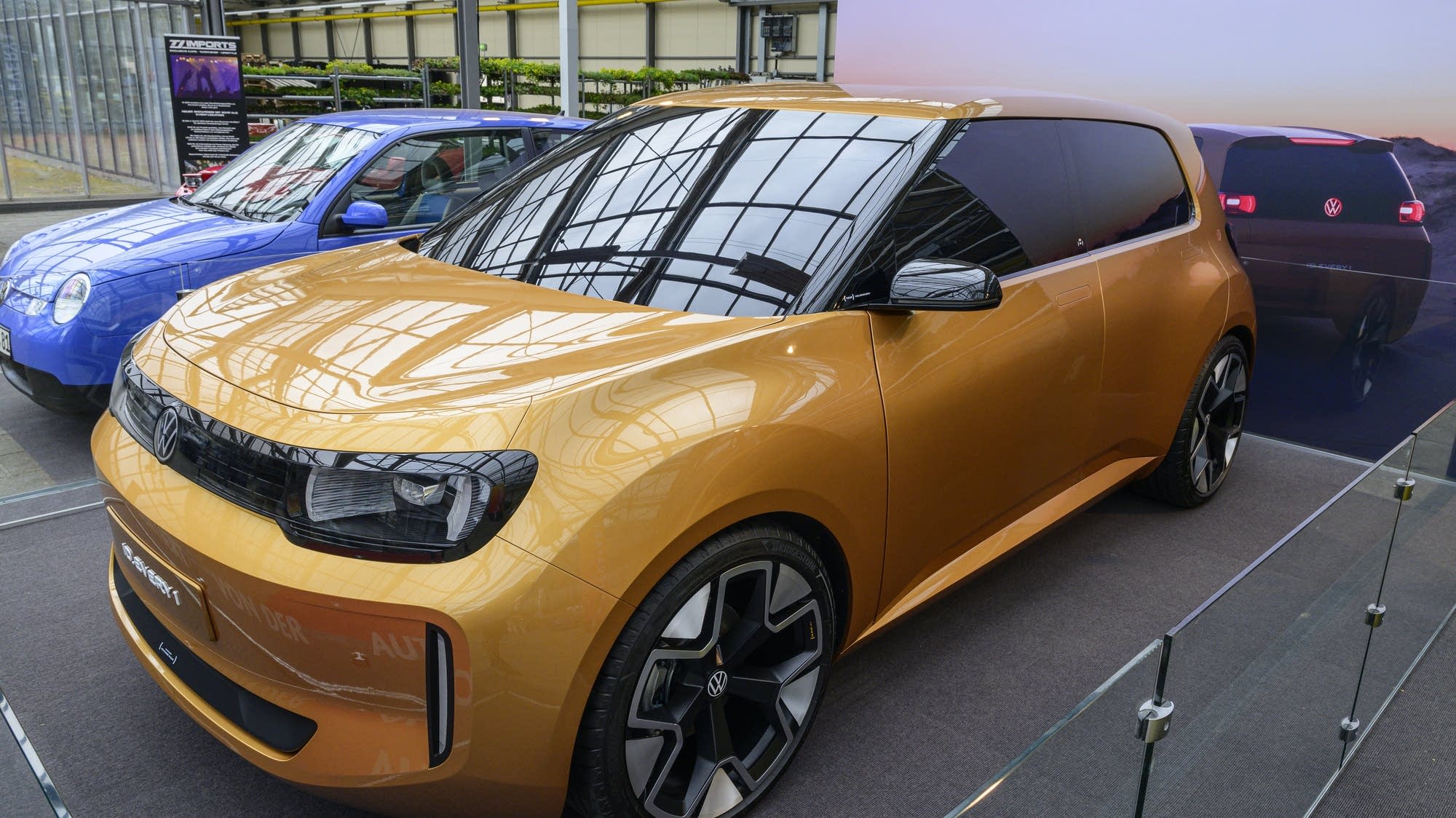And many of them are denying that the president’s import taxes are to blame.
The automotive industry is facing plenty of tariff costs right now, but it also happens to have a built-in excuse for raising prices: the new model year.
Every year's new models come with new features and higher prices, even without tariffs.
For the 2026 model year, car companies are facing billions of dollars this year in import tax costs, in some cases.
But carmakers aren’t jumping to blame tariffs for their price hikes.
For example, Honda, Toyota, and Nissan all denied to CNBC in a story out today that recent price hikes were related to 15% import taxes on Japanese cars. Instead, the companies said operational costs and new features in their vehicles are what’s pushing prices up.
If car companies are going to raise prices, this is the time to do it, said Karl Brauer, executive analyst at iSeeCars.com
“The model year switch over is the most common time to see a price shift and it always goes up, and it can be pretty substantial in recent years,” Brauer said.
Those substantial increases of past years have done two things for car makers and buyers, Brauer said. And both of them will affect how companies price model year 2026.
One, automakers have profited. A lot.
“The car companies are making pretty good money,” Brauer said. “They've been making pretty good money since COVID.”
Two, consumers have gotten tired of continual price hikes. Which made car companies realize something.
“We can't just keep cranking these prices, there's going to be a tolerance level for consumers that's going to fall off for this,” Brauer said.
Which means, as carmakers face import taxes on their vehicles and parts, many of them are trying to eat those costs. But that can only last for so long.
“At a certain point they just have to give up on that, and the prices are going to go up,” said Ray Shefska, co-founder of CarEdge, a car buying site.
But, don’t expect car companies to tell consumers that tariffs are what’s causing price hikes.
“These manufacturers are biting their tongues and say, ‘Oh no, it's not the tariffs,’” Shefska said. “Of course, it's the tariffs, but we can't, we're not allowed to deal in reality, as long as there's one person that has to be pleased.”
As in, President Donald Trump, who in recent months has wielded the power of the federal government to sway the actions of private companies.
“Everybody is fearful of what will happen,” Shefska said. “So rather than confront what would happen, they try to sidestep it.”
Plus, car companies are still navigating a federal tariff policy that is not settled, even if it’s a bit clearer than a few months ago.
Stephanie Brinley at S&P Global Mobility said that could keep companies from raising prices.
“You don't want to say, I'm increasing my tariff price by 8% in September, only to find out you don't really need to do that,” Brinley said.
Instead, maybe bake just a bit of a price hike in that new 2026 model year car, which, oh by the way, also comes with a better touch screen or more cupholders.
Sign up for the Marketplace newsletter to get stories that help you live smarter — plus analysis, explainers and our song of the week — sent to you every Friday morning.











